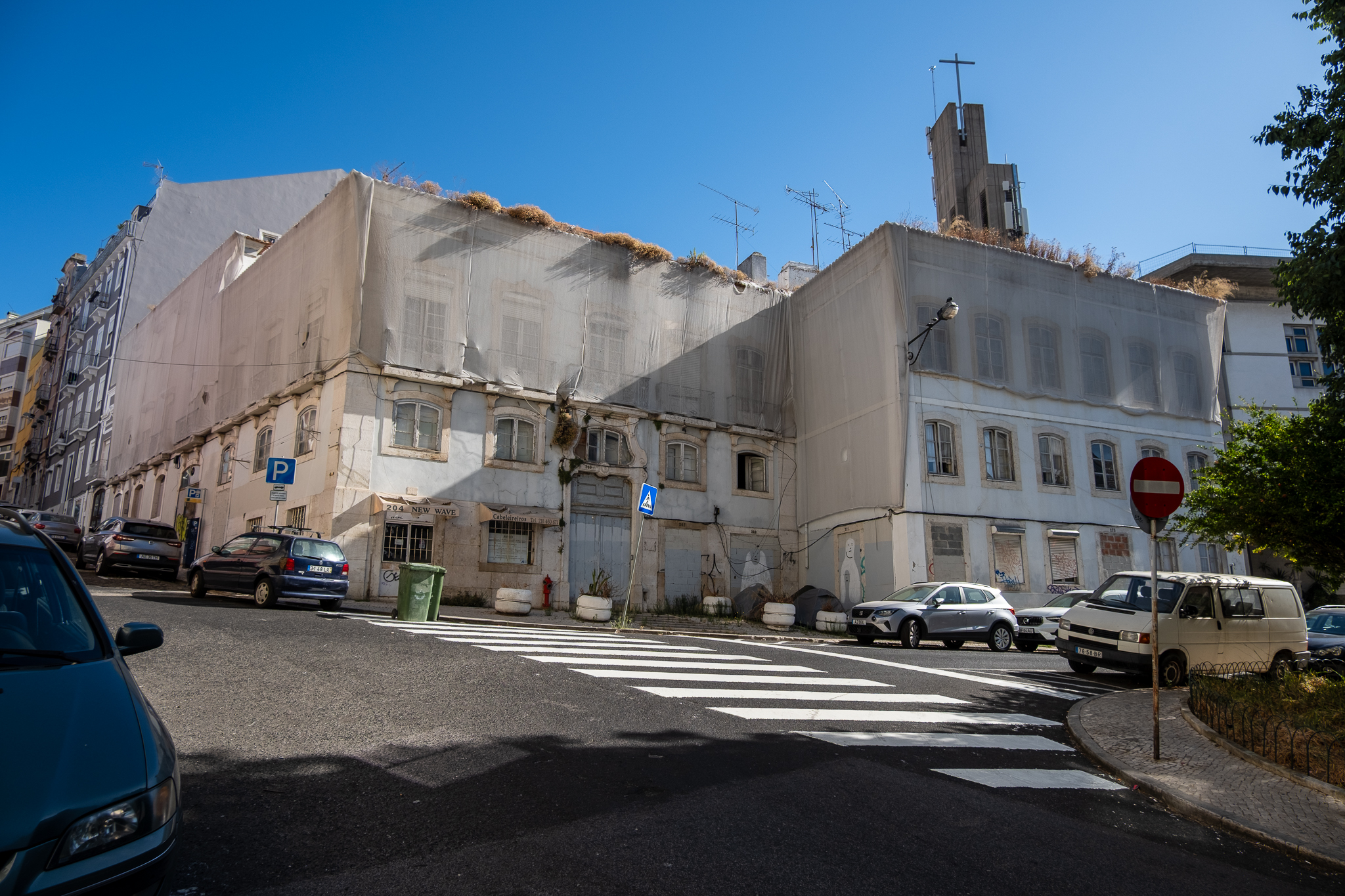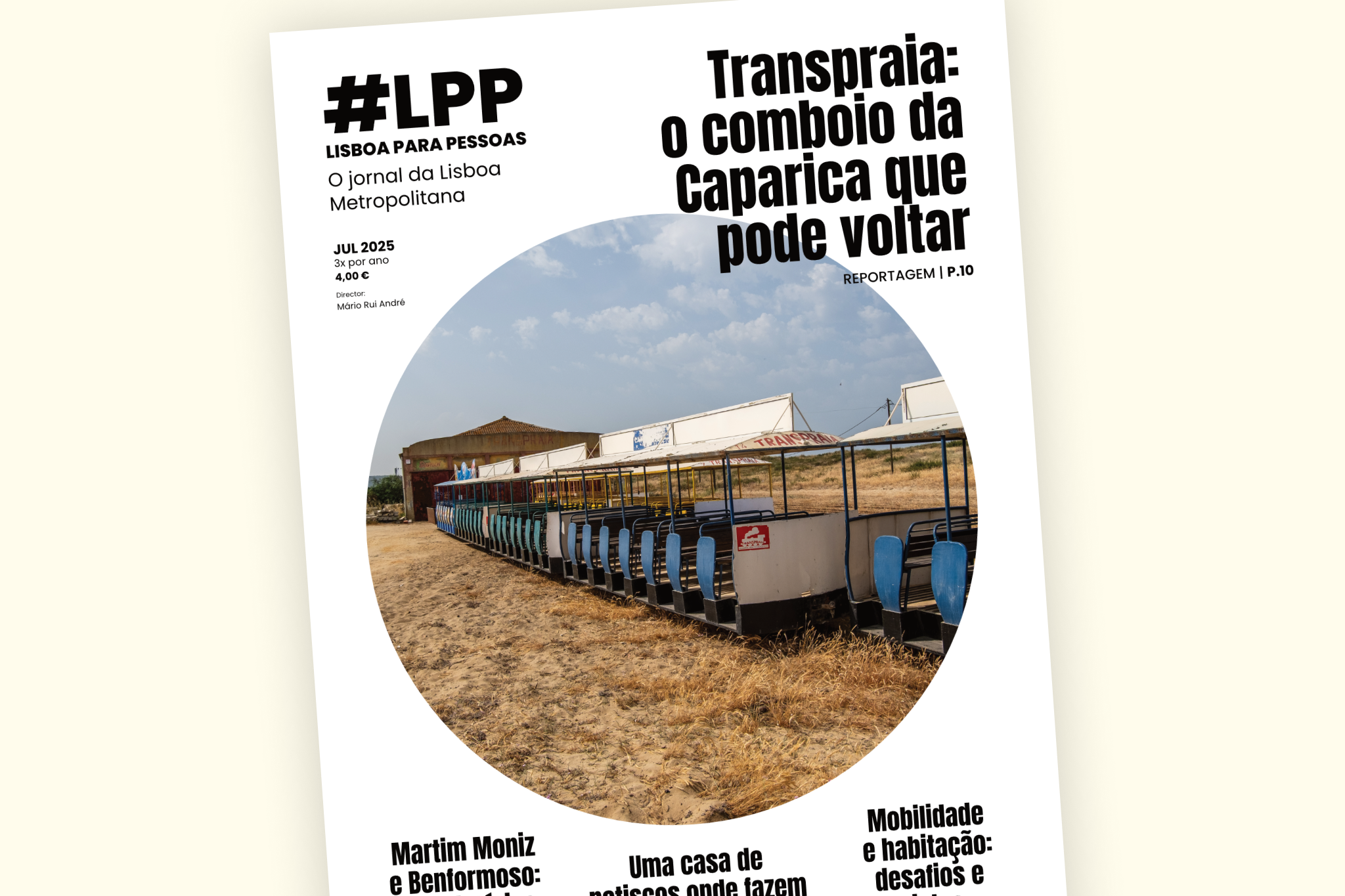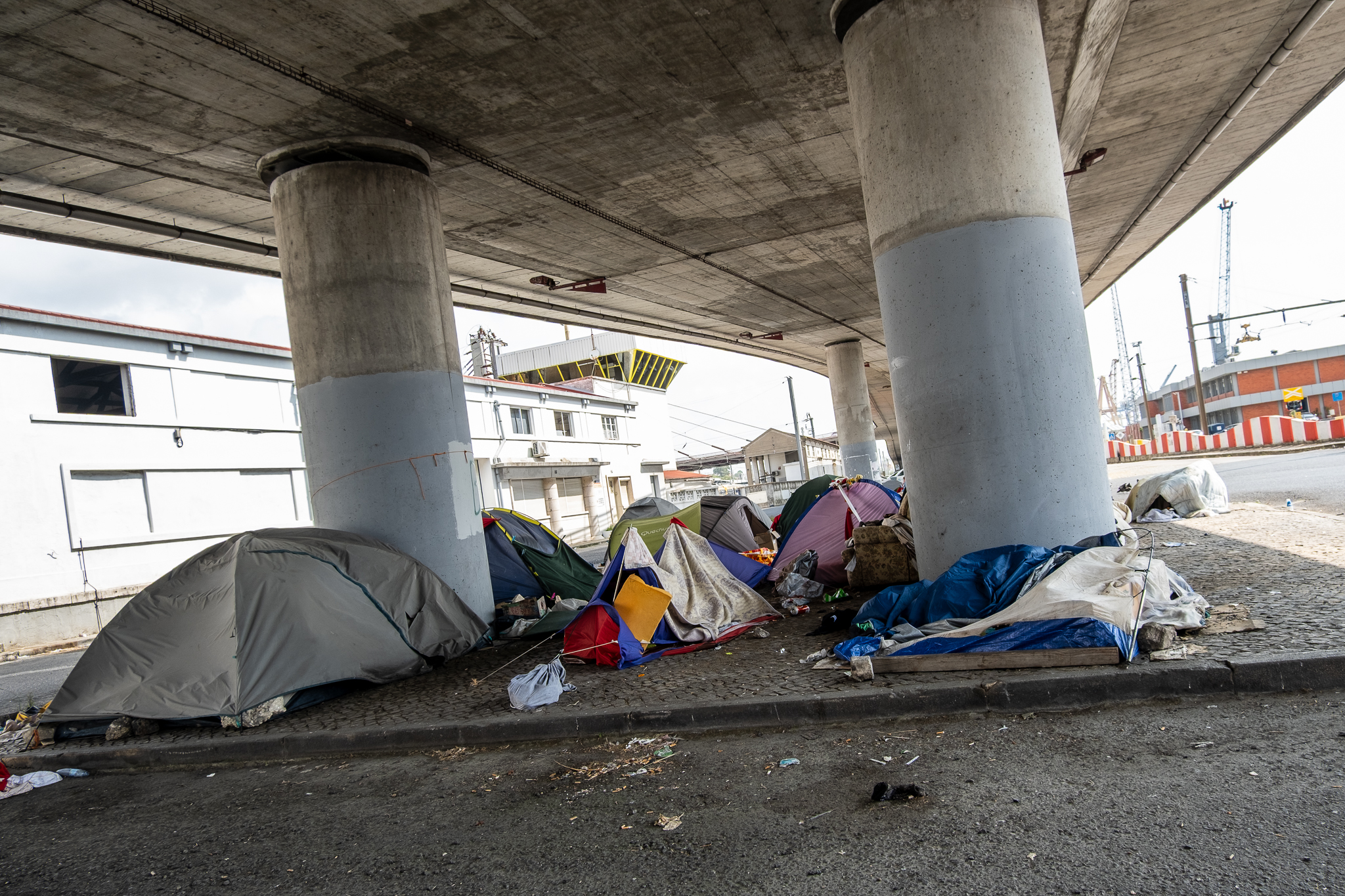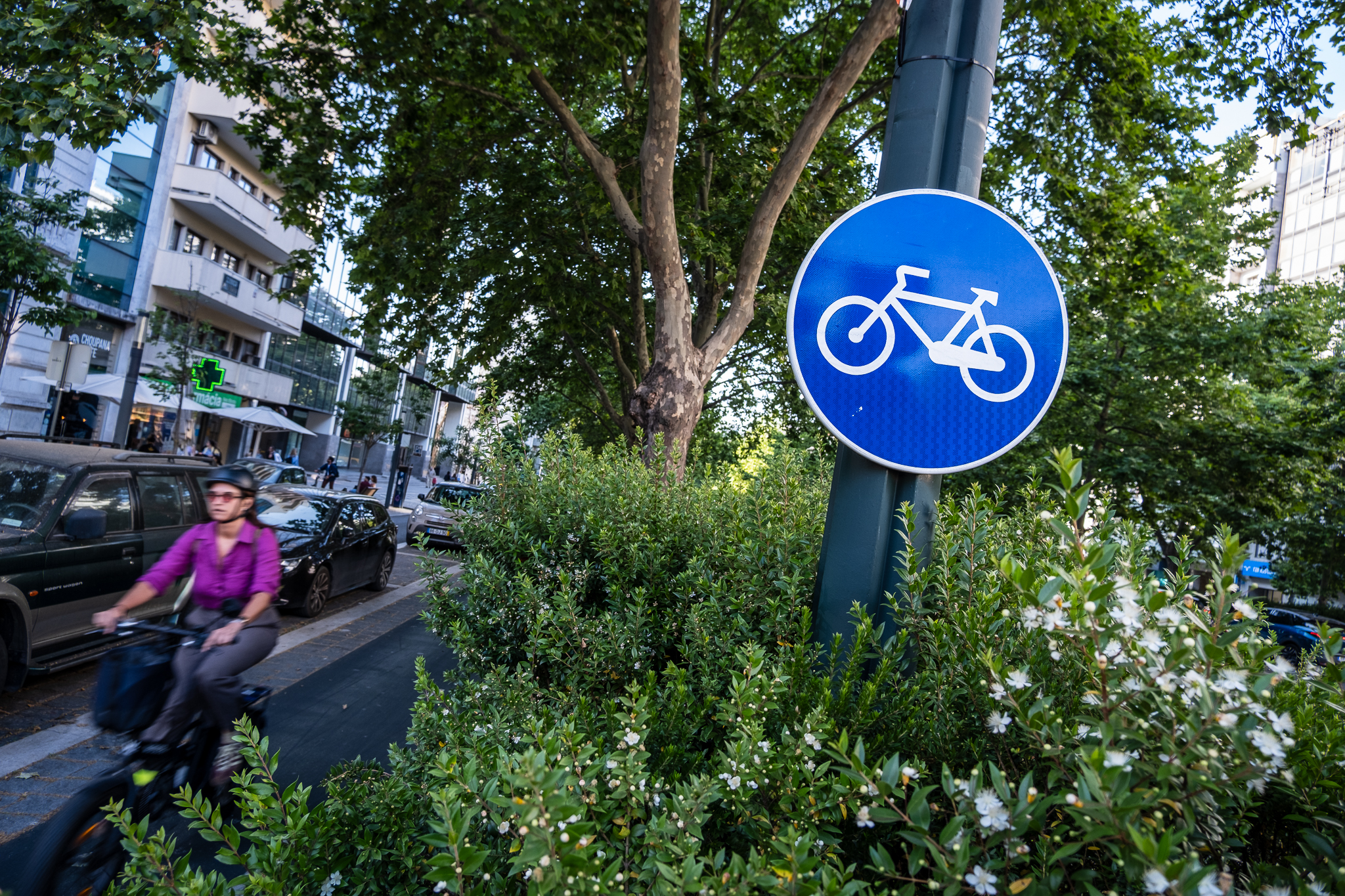The city of Lisbon will apply to the European program Mission Cities, which aims to establish 100 pilot climate-neutral cities by 2030.

Lisbon wants to be a carbon neutral city by 2030 and hopes to count on the support of the European Commission in this mission. Last Friday, January 28th, it was approved in town hall meeting a list of the commitments Lisbon intends to make in its candidacy for the European program Mission Citieswhich will distinguish just 100 cities, helping them to become climate-neutral smart cities by 2030.
What is this European program?
"Cities play a key role in achieving climate neutrality by 2050, the goal of the European Ecological Pact“says the European Commission (EC). "They occupy only 4% of the European Union's land area, but are home to 75% of Europe's citizens. In addition, cities consume more than 65% of the world's energy and account for more than 70% of global CO2 emissions." The EC therefore intends to support 100 European cities in accelerating their ecological and digital transformation. Through the program Mission Citieswants to create 100 climate-neutral smart cities by 2030 and ensure that these cities act as hubs for experimentation and innovation to enable all European cities to follow suit by 2050.
The plan is ambitious - 2030 is eight years away - and Lisbon wants to be part of it. Writes the EC on the website dedicated to Mission Cities which "European cities can make a substantial contribution to the European Green Deal target of reducing emissions by 55 % by 2030 and, in more practical terms, offer their citizens cleaner air, safer transport and less congestion and noise".
The 21 commitments that the Lisbon City Council unanimously approved last Friday at an extraordinary meeting of the municipal executiveThis proposal was put forward by the Mayor of Lisbon, Carlos Moedas (PSD), and then included contributions from the councillors of PS, Livre and the independent councillor of the political movement Cidadãos por Lisboa (elected by the PS/Livre coalition).
Lisbon "aims to strengthen its position as a climate leader at European and global level, and therefore intends to take up the challenge of the Climate Neutral and Smart Cities Mission" and also "benefit from the visibility and prestige inherent in participation" in this program, "attracting finance, new investment and talent" - reads the approved document (under the name "Proposal no. 22/2022"), which will now have to go through the Municipal Assembly, where its approval is also expected.
What commitments does Lisbon want to make?
Among the commitments that Lisbon intends to make to the European Commission is the establishment of "a governance model capable of leading, with balance, the transition from a city model based on individual transportation needs, to a city model based on proximity and leveraging new mobility technologies"and the "development of an integrated, connected, accessible multimodal ecosystem, integrating active, public and shared modes of transport".
The city undertakes to strengthen the "investment in the expansion of the structuring and accessible pedestrian network, the cycling network, with continuous and uninterrupted connections to all the city's parishes and neighboring municipalities, to all the city's educational establishments, neighborhood facilities and other centers that generate travel"and public transport, "by creating new lines, increasing the frequency of existing ones and creating new segregated bus corridors".
The document makes clear the city's commitment to "maintain all planned or ongoing investments in public transport"such as the LIOS light rail lines. The city will also seek to "reduce commuter traffic into Lisbon, by building deterrent parks at the entry points to the Lisbon metropolitan area's public transport system" e "optimize school, university and business traffic flows"Lisbon City Council is setting an example by adopting new working policies.
The city of Lisbon also intends to promote electric mobility with a wide network of charging stations; energy efficiency in buildings and beyond; decentralized energy production with the Lisboa Solar project, taking advantage of the city's solar potential; or the development of the city's green structure and tree planting.
The commitments include activities outlined in the Major Planning Options 2022-2025such as project Cooling Down the Citywhich will seek to make squares and streets greener and fresher; the creation of the Roadmap for Circular Lisbonwhich will seek to establish strategic pillars of action and the goals for realizing a circular economy model in the city; the idea of promoting a repair-cafés network for the recovery of small electrical and electronic equipment; or the implementation of the platform Sustainable Lisbon, a "a forum for mobilizing the city, with a view to co-deciding on shared sustainability goals and the measures to be adopted to reduce the carbon intensity of economic activities and accelerate Lisbon's energy and climate transition".
It is worth remembering that, in 2021, Lisbon put its Climate Action Plan 2030 (PAC2030)This document reflects the city's commitment to achieving carbon neutrality by 2050 by reducing its emissions by 70% by 2030 compared to the base year of 2002. Through the European Mission CitiesLisbon could become neutral two decades earlier than originally planned in the CAP. In the commitments now approved, Lisbon undertakes to conclude the PAC during the "first quarter of 2022", "following the public consultation that has already taken place".






